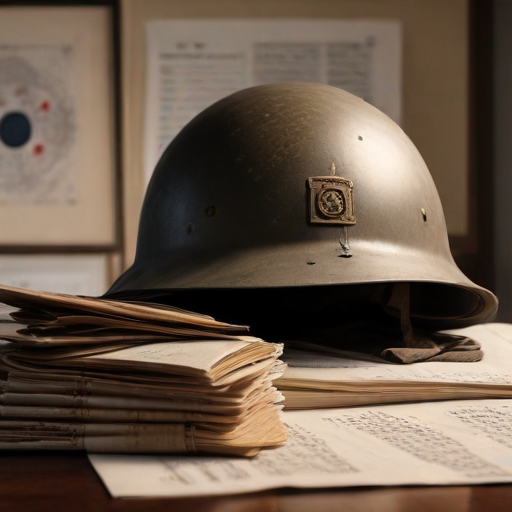South Korea’s military, which has historically been associated with periods of terror and violence in the 1970s and 1980s, has worked hard over the years to reshape its image into one of a modern and disciplined institution. However, this perception was recently called into question during a parliamentary hearing on Thursday, where General Park An-su, the Army chief of staff, faced scrutiny following a brief period of martial law enacted earlier this week.
During the session, General Park admitted that the military was not adequately prepared for the rapid implementation of the martial law orders, stating, “We were not militarily prepared because it was put into action in such a hurry,” and acknowledged a general sense of confusion within the ranks.
This military order, issued by President Yoon Suk Yeol on Tuesday night, led to significant public backlash and protests, with thousands of citizens taking to the streets in response. The political upheaval forced President Yoon to retract the martial law declaration after only six hours, highlighting a significant disconnect between military actions and public sentiment.
This episode serves as a critical moment for South Korea, as it grapples with the legacy of its past while trying to maintain an effective and responsive military in a democratic society. The government’s swift reversal of the martial law order also indicates a recognition of the need for transparency and accountability, which could build trust between the military and the public moving forward.
In a time where civil liberties are paramount, this incident could pave the way for reforms that not only strengthen the military’s operational readiness but also ensure that any future actions are more aligned with democratic principles. It may ultimately lead to a more engaged and accountable military force in South Korea.
